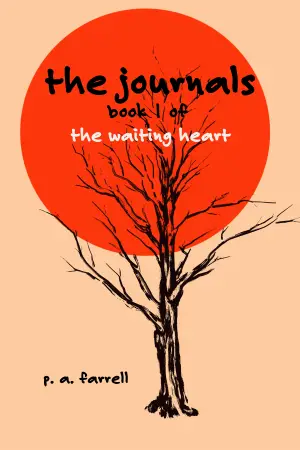Book Review: Conclave by Robert Harris
Robert Harris has an uncanny ability to pull readers into worlds layered with intrigue and complexity, and Conclave is no exception. When I first picked up this novel, I was drawn not only by the promise of a gripping thriller set against the hallowed backdrop of the Vatican but also by the sheer curiosity surrounding the conclave process itself—a secretive election steeped in centuries of tradition. Little did I know just how much this book would reveal about ambition, faith, and the often murky waters of power.
At its core, Conclave captures the tension that underlies the election of a new pope following the death of the sitting pontiff. Harris introduces us to Cardinal Lomeli, who finds himself navigating not just the spiritual devotion of his fellow cardinals but also their personal ambitions and hidden scandals. The novel’s setting—the beautifully depicted Sistine Chapel—serves as a microcosm of humanity’s flaws, showcasing men of God who are not immune to the temptations of power. Harris deftly explores themes of faith, betrayal, and the weight of decisions that can shape the future of an entire institution.
As I immersed myself in Harris’s narrative, I found myself intrigued by the diverse cast of characters. Each cardinal represents a different faction within the Church, bursting with hidden agendas. Among them, Cardinal Benitez stood out for me—a character who grapples with his past and, more importantly, his identity. The interplay between loyalty and ambition was palpable, making the stakes feel incredibly high. Harris excels at layering these personal histories and motivations, transforming what could have been a straightforward plot into a deeply engaging psychological exploration.
Harris’s writing style is commendably accessible yet laced with just enough detail to immerse readers thoroughly in the conclave’s complexities. His pacing kept me on the edge of my seat, a testament to his skill in crafting suspense despite the largely cerebral nature of the story. Just when I thought I could predict the outcome, he delivered twists that left me reeling, particularly the shocking final reveal that sparked passionate reactions among readers. For instance, the acknowledgment of the "hidden" politics within the Church resonated with me, as it echoes the real-world complexities of faith and power.
One memorable moment lies in Lomeli’s reflections on the essence of forgiveness, which Harris encapsulates beautifully. It reminded me: the weight of leadership is often found not in decisions made, but in understanding the humanity of those we lead—a sentiment that resonates far beyond the confines of the Vatican.
In conclusion, Conclave is more than just a political thriller; it’s an exploration of what it means to be human within an institution that demands holiness. I can’t recommend this novel enough to readers who appreciate stories rich in character development and moral complexity, particularly those intrigued by the interplay of faith and politics. Overall, Harris delivers a thought-provoking reading experience that lingered long after I turned the last page, leaving me contemplating the true meaning of power and the sometimes turbulent path of faith. If you’re a fan of gripping narratives that challenge perspectives and invite discussion, Conclave might just be your next favorite read.






